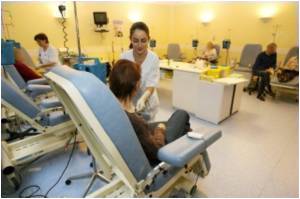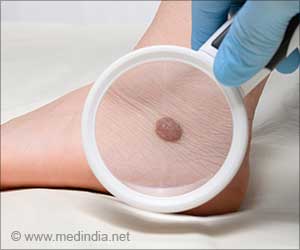In a recent research it has been stated that the best available screening tests reduces ovarian cancer death in a low frequency rate and saves few lives.

The researchers discovered that annual screening for ovarian cancer is likely to result in only a modest reduction in mortality from the disease. "If we assume ovarian cancers grow and spread at different rates, the best screening strategy available will only reduce the number of women dying from this cancer by 11 percent. This is partially because the slower growing cancers are more likely to be caught by a screening test," said Dr. Havrilesky. The findings support the commonly held clinical impression that many early stage ovarian cancers are destined to remain in the early stages for some time, while advanced stage cancers have likely spread rapidly.
More sensitive screening tests will be needed to significantly reduce deaths attributed to ovarian cancer. For now, other measures that focus on prevention and treatment should be pursued to save women's lives.
In an accompanying editorial, Patricia Hartge, MA, ScD, of the National Cancer Institute in Rockville noted that for women who are at a higher risk for developing ovarian cancer—for example because of the presence of known cancer-causing gene mutations or a significant family history of ovarian cancer—screening presents a more hopeful picture. In this regard, targeted screening could help reduce deaths attributed to ovarian cancer. She added that the results from ongoing randomized clinical trials will provide the strongest evidence about the potential for reducing ovarian cancer deaths through screening.
Source-Eurekalert















